Climate change is fast becoming a major issue of concern to both Nepal and Nepalese people. Climate change is already threatening Nepal’s food security, human habitats, water resources and tourism sectors seriously. The recent (ICIMOD) report on glacial melt in the Hindu Kush Himalaya (HKH) region paints a drastic picture, indicating that the glaciers will melt by one third even if the global temperature rise is limited to 1.5°C, a goal of the Paris climate agreement so the mountains areas are highly vulnerable to Climate Change affecting the livelihood of the people residing in the region. The recent IPCC Special Report on climate change and Land (2019) calls upon all countries to take account of the inter-linkage between climate, land and food production and take “coordinated action to address climate change which can simultaneously improve land, food security and nutrition, and help to end hunger.
All the discussion and debates on Climate change are focused on federal level and there is a need to localize the agenda at all levels. This dialogue generate issues of climate change at province level and opportunities to engage with province government. KIRDARC Nepal organized province level policy dialogue on “Climate Change, Food Security and Sustainable Development of Himalayan Region: Basis for Prosperous and Self-Reliant Karnali Province” with Government of Karnali Province and NCSMI on 17th October 2019 at Hotel Siddhartha, Birendranagar, Surkhet in collaboration with DanChurchAid, I’M Swedish Development Partner and Action Aid. The chief guest of the program was Nanda Singh Buda, Minister for Industry, Tourism, Forest and Environment, Karnali Province, special guest was Dipendra Bahadur Rokaya, Member Planning Commission, Karnali Province, and guest was Dev Kumar Subedi, Mayor of Birendranagar Municipality, Surkhet.
Nanda Singh Budha, Minister for Industry, Tourism, Forest and Environment, Karnali Province shared Karnali Province Government’s initiatives and commitments with regards to climate changes, food security in the province. Evidently, Karnali province is prone to climate change effects, disasters as there have been several cases of affected lives and livelihoods in the region. Difficult or rugged landscape has made further complication to tackle the issue of climate change and food security. Government of Karnali province is very serious about tackling climate change, protecting mountain life and food security. Hence, it has been carry out initiatives of tree plantation, one district one model tree plantation area, organic province establishment by making decisions by the province cabinet. Federal government’s initiative “Sagarmatha Sambad” is very important initiation. Now, presence of the province is needed as this region is greatly affected by the climate change to that it could play a bridge between local level and federal level.
Different experts presented paper on different areas such as climate change effects in communities, adaptation process and mitigation measures, National DRR policy and practice and global initiatives, Initiative on climate change effects and food security concern among mountain people and engaging CSOs on Sagramatha Sambad. Guests and participants asserted for collective and collaborative efforts needed by government and all other stakeholders for mitigation of climate change effects, protection mountain region and assurance food security. Sagarmatha Sambad is one of the major initiatives from the government to present mountain agenda at global forum. Crucial role of CSOs was realized in the program; where, province government and local government could play leading role promote local knowledge and skills to tackle climate change and ensure food security in the region. All the participants and guests unanimously asserted for effective execution of policies on the very area at grass roots with adequate institutional capacity. The dialogue help to decentralize the climate change discussions from federal to province level and to initiate the discourse of climate change from the most marginalized and underdeveloped province.



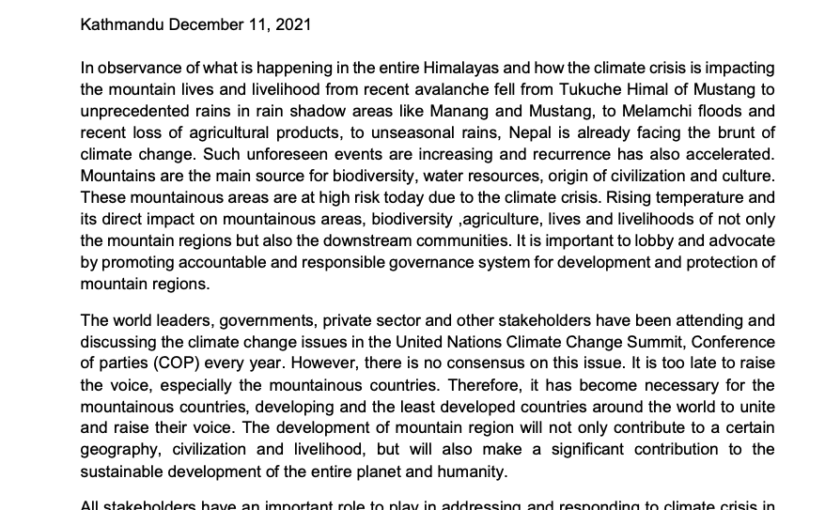
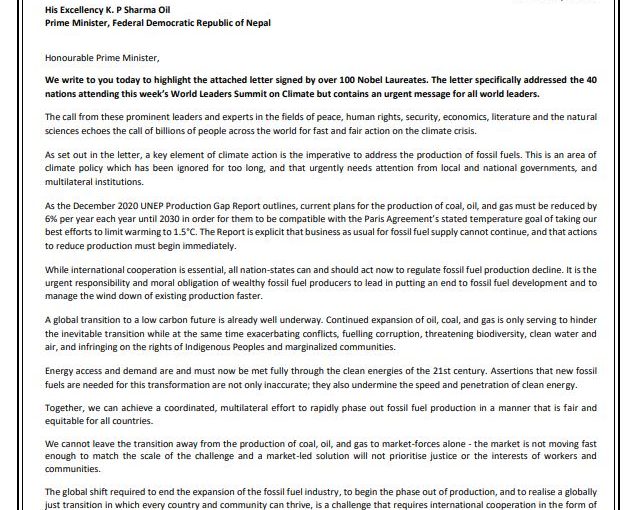
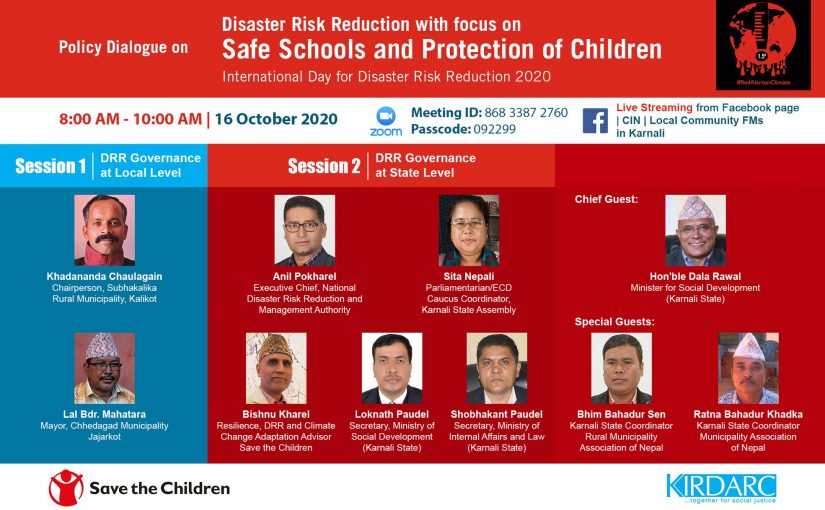
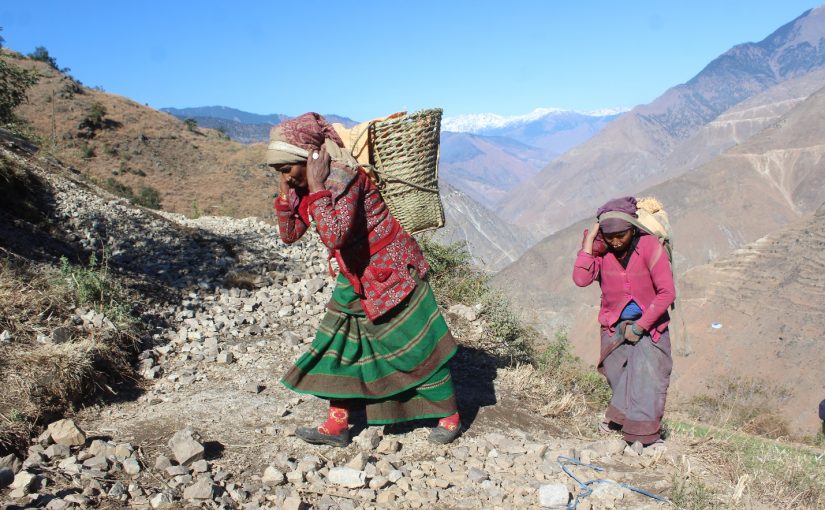
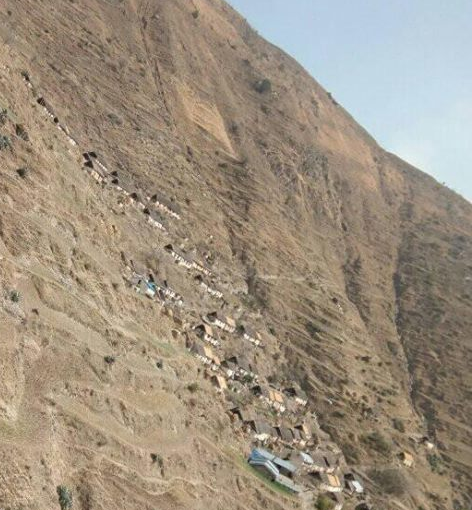

0 Comments